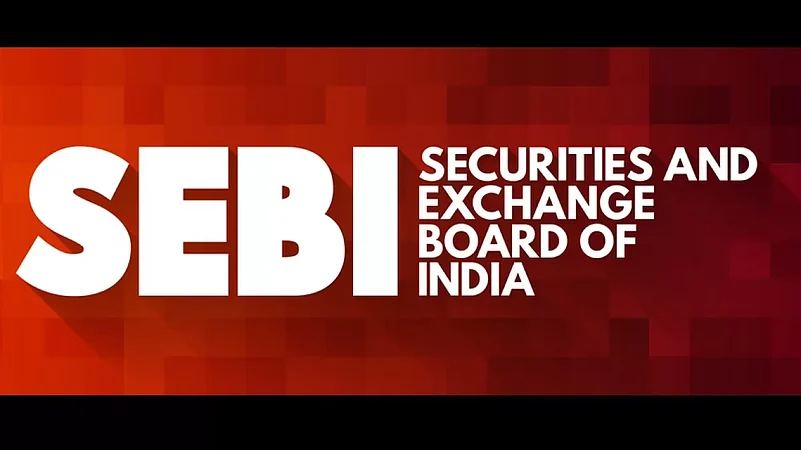Securities and exchange board of India (Sebi) has sought a list of ‘high-risk’ individual clients and investors belonging to grey-list nations of the financial action task force (FATF). In a press release, the market regulator has asked companies to share the number of offshore clients, investors who have been called out and those against whom orders have been issued by other agencies or who have been in the limelight due to financial scams by November 30, according to the Economic Times.
It also asked the companies to mention the issues faced by them in carrying out the freeze order against ‘high-risk’ investors. Grey list countries of FATF are considered to have “strategic deficiencies” in combatting money laundering and terrorist financing-related activities.
“Most companies use AML software that cull out names and information from various sources to throw up alerts. There were some points on which we need a little more clarity-for instance, we have been asked to state parameters used for risk categorisation, and whether ML and terror finance risk are captured in risk categorisation,” the Economic Times reported, citing an industry source.
The move by Sebi is followed from the review of the kind of investors and money by the international money-laundering organisation. These measures are aligned with other measures of the regulator taken in the past 18-month to deal with risky investors. Consequently, the regulator has become more vigilant regarding the risks these investors pose. It has sought information regarding the number of alerts and suspicious transactions made, the mechanism in place to detect attempted transactions etc. The companies also have to show how quickly they freeze accounts once a risk-prone investors are detected.
Additionally, the asset and portfolio management companies have also been asked to explain how they implement the resolutions of the United Nations under the local law Unlawful Activities (Prevention) Act and FATF.




























